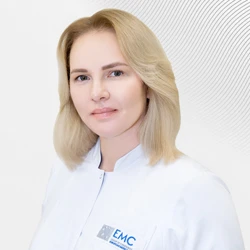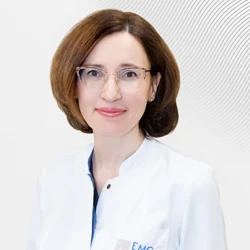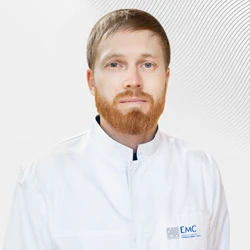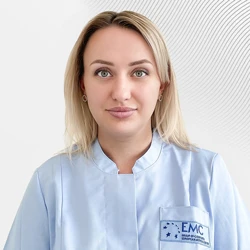The bacterium Helicobacter pylori: detection and treatment
Children cannot always describe the pain, its manifestation and localization on their own. However, all of the above symptoms may be a manifestation of inflammatory diseases of the stomach and duodenum caused by one unique bacterium, Helicobacter pylori (Helicobacter pylori). Its uniqueness lies in its increased vitality and durability. She likes to live in an acidic stomach environment. No other bacterium can stay in an acidic environment for so long. And Helicobacter pylori gradually increases the secretion of hydrochloric acid and at the same time reduces the resistance of the mucous membrane, causing its inflammation.
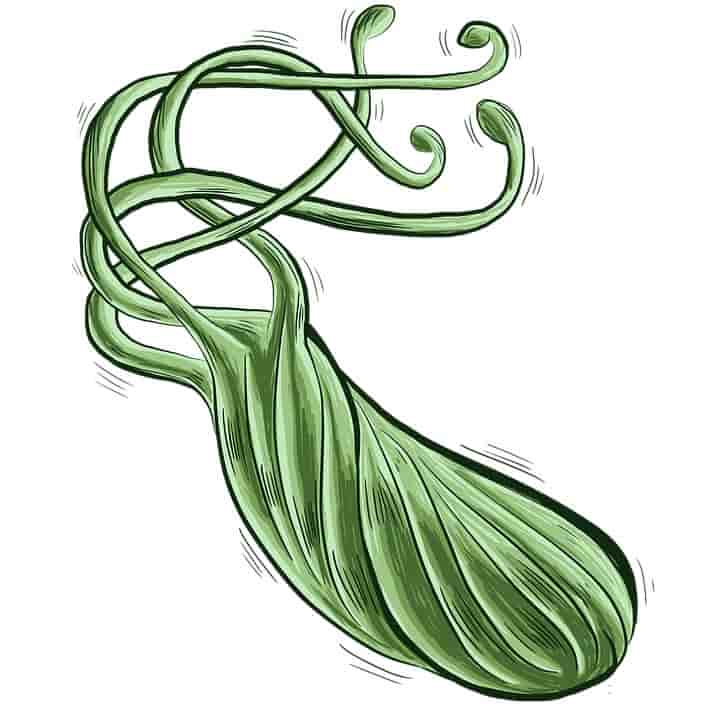 Numerous studies have been conducted that have established that the bacterium can be present in the stomach and duodenum without causing any symptoms (asymptomatic infection). And it can cause abdominal pain, heartburn, and the symptoms increase over time. Helicobacter pylori can cause erosions and ulcers of the gastric and duodenal mucosa in children.
Numerous studies have been conducted that have established that the bacterium can be present in the stomach and duodenum without causing any symptoms (asymptomatic infection). And it can cause abdominal pain, heartburn, and the symptoms increase over time. Helicobacter pylori can cause erosions and ulcers of the gastric and duodenal mucosa in children.
How does Helicobacter pylori infection occur?
from family members who have been found to have this bacterium and have symptoms of the disease;
from friends with whom the child often contacts;
through water that is infected with Helicobacter pylori;
very rarely, a bacterium can enter the body with food.
When should I get tested for helicobacter in children?
the need for examination is determined by the doctor;
the child's appetite decreases, weakness appears, he complains of daily abdominal pain (specialist consultation and examination are required);
one of the family members has been diagnosed with Helicobacter pylori and has symptoms of the disease, and the child periodically has abdominal pain and appetite changes.
What methods are used to determine Helicobacter pylori?
Enzyme immunoassay is the examination of blood plasma for specific antibodies (proteins) that the immune system forms in response to the appearance of bacteria. The titer of immunoglobulins A, M, and G is used to establish a primary diagnosis. They appear 2-3 weeks after infection.
Examination for the presence of Helicobacter pylori in feces. It is most convenient for patients, as it is painless and does not require the personal presence of the child. However, the detection of bacteria in feces presents significant difficulties. The fact is that when moving with feces through the intestines, the pathogen is exposed to unfavorable factors for it, such as aggressive bile acids and low oxygen content. Therefore, the active forms of bacteria change their shape, adapting to the changed conditions, and their number is significantly reduced.
 The HELIK-SCAN respiratory test is an innovative rapid diagnostic method that allows determining the presence of Helicobacter pylori infection in children over 4 years of age within 15 minutes with high accuracy and without involving a laboratory. Special preparation is required before conducting the study:the study is conducted in the morning strictly on an empty stomach. The last meal should be at least 12 hours before the test. On the morning of the day of the study, you should not eat or drink; give up chewing gum. In the morning before the examination, you should thoroughly brush your teeth and rinse your mouth. Dinner on the eve of the study should not include meat, fish, mushrooms. You can not eat legumes (peas, beans, lentils, soy) 3 days before the study. It is necessary to stop taking antibiotics 4-6 weeks before the study; do not take Omeprazole, Losek, Nexium, anti-inflammatory drugs, antacids and bismuth preparations (De-Nol) for 14 days before the study.
The HELIK-SCAN respiratory test is an innovative rapid diagnostic method that allows determining the presence of Helicobacter pylori infection in children over 4 years of age within 15 minutes with high accuracy and without involving a laboratory. Special preparation is required before conducting the study:the study is conducted in the morning strictly on an empty stomach. The last meal should be at least 12 hours before the test. On the morning of the day of the study, you should not eat or drink; give up chewing gum. In the morning before the examination, you should thoroughly brush your teeth and rinse your mouth. Dinner on the eve of the study should not include meat, fish, mushrooms. You can not eat legumes (peas, beans, lentils, soy) 3 days before the study. It is necessary to stop taking antibiotics 4-6 weeks before the study; do not take Omeprazole, Losek, Nexium, anti-inflammatory drugs, antacids and bismuth preparations (De-Nol) for 14 days before the study.One of the most accurate is the examination of a biopsy obtained during gastroesophagoduodenoscopy. Morphological examination of the biopsy of the mucous membrane with an assessment of the degree of contamination makes it possible to reliably determine Helicobacter pylori. This method is the "gold standard" in the diagnosis of diseases caused by this bacterium.
Do I need to treat diseases caused by Helicobacter pylori?
If the child has symptoms of the disease, and during the examination it is established that the cause is Helicobacter pylori, therapy is necessary. In the EMC Children's Clinic, treatment is carried out in accordance with international standards of medical care for children. All appointments are made in accordance with the treatment protocols adopted in leading children's clinics in Western Europe.
Why the EMC
The first and only clinic in Russia, created in the image of the world's leading clinics
EMC is a multidisciplinary center offering patients a high level of medical services and a personalized approach
Worldwide recognition and awards
 Learn more
Learn more
Worldwide recognition and awards
 Certificates and licenses
Certificates and licenses
Make an appointment for a consultation
Specify your contacts and we will contact you to clarify the details
Reviews
and new products of the EMC

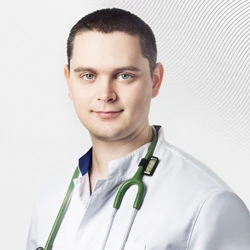
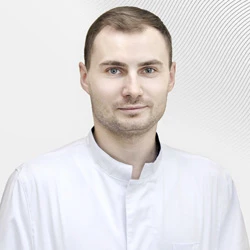
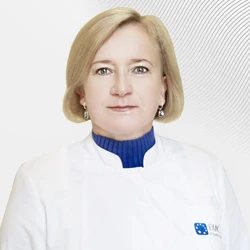
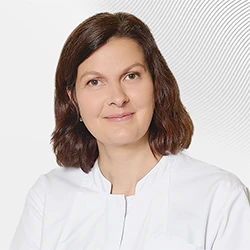

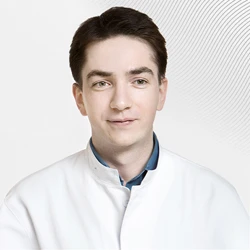
.webp)
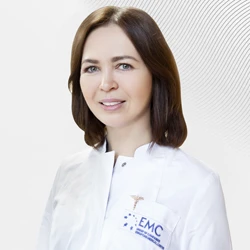


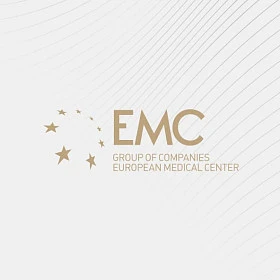
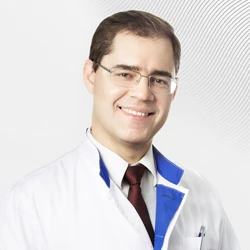
.webp)
